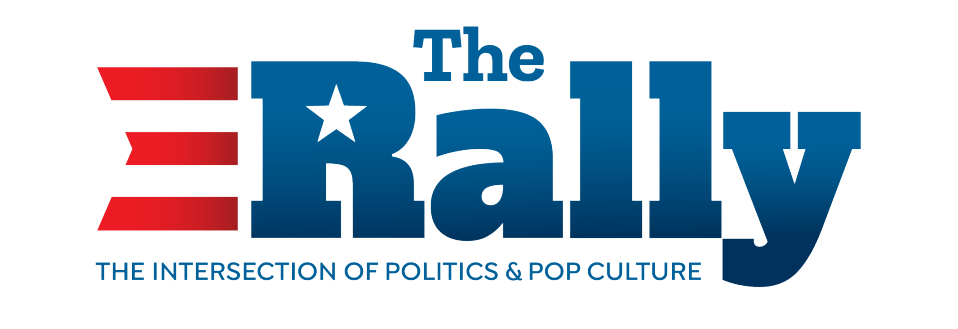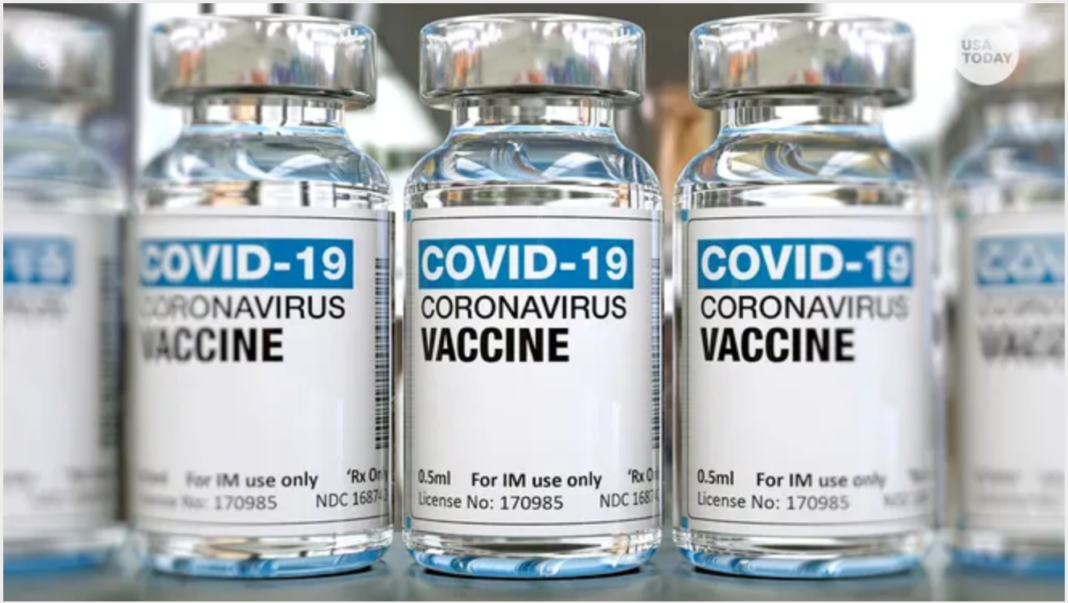The US federal government does not have the power to mandate a vaccine, including the COVID-19 vaccine, thanks to the Constitution. States, cities, and places of employment may have this power, but even if any of these entities would require a vaccine, physically forcing it on people is not in the cards. Instead, vaccination refusal vaccinated would typically mean getting fined or penalized in some other way. If the mandate comes from a job, not getting the vaccine would mean you would no longer have the authorization to work there. This excludes anyone with a doctor’s exemption.
One of the world’s major experts on infectious diseases and a lead member of the White House Coronavirus Task Force, Dr. Anthony Fauci, stated in August, “You don’t want to mandate and try and force anyone to take the vaccine. We’ve never done that. You can mandate for certain groups of people like health workers, but for the general population, you cannot.”
But some people believe the COVID-19 vaccine should be a government mandate to prevent the spread of this virus that has killed over 1.7 million people globally in a year. The more people who get the COVID-19 vaccine, the less the risk the disease continues to harm and kill people. Many of the COVID-19 vaccines, including ones from Moderna, Pfizer, and AstraZeneca, have 90-95 percent effectiveness, which means they stop people from getting the virus and likely also stop the virus spreading to such a high degree.
Because the COVID-19 vaccine will be free to all Americans, getting the vaccine is an easy way to get a deadly virus under control. The societal and individual costs of a vaccine mandate are minor compared to those of mandatory lockdowns, for example, which have led to an economic depression most people have not experienced in their lifetimes. The idea is that a mandatory vaccine will ensure the population reaches herd immunity, thus protecting the entire community by making the spread of COVID-19 unlikely. This is true even for those who are unable to get the vaccine for medical reasons.
Herd immunity is possible without an overall federal vaccine mandate, however. The US has achieved herd immunity with mumps, polio, measles, and chickenpox thanks to vaccines. While these vaccines weren’t federally mandated for all Americans, children are required to get certain vaccines in every US state in order to attend public school. Each state allows for exemptions to these rules, including medical, religious, and philosophical exemptions. These vary by state. Measures like these encourage high rates of vaccination and have led to herd immunity.

COVID-19 vulnerability has been strongly linked with age, with the fatality rate in people over 80 at roughly 7.8 percent. On the other hand, the fatality rate for children age nine and under is minuscule, only 0.0016 percent. Because of this, requiring the COVID-19 vaccine would be difficult to pass from an ethical standpoint, considering the millions of young and healthy people who have little perceived risk.
Mandating the COVID-19 vaccine after its rapid development may be extremely difficult. Any Federal mandate will trigger protests and resistance as our recognized freedoms and individual rights, coupled with a distrust and fear of government control will come to the forefront. According to the CDC Public Health documents, “The constitutional basis of vaccination requirements rests in the police power of the state. The Court held that a health regulation requiring smallpox vaccination was a reasonable exercise of the state’s police power that did not violate the liberty rights of individuals under the Fourteenth Amendment to the U.S. Constitution. The police power is the authority reserved to the states by the Constitution and embraces “such reasonable regulations established directly by legislative enactment as will protect the public health and the public safety” a (197 U.S. at 25, 25 S.Ct. at 361).” Yet, given the current social, cultural, and political climates and intensity of social media, a battle is unlikely. A government mandate for any vaccine does not sit well with the anti-vax population either, who often inherently distrust government, industry, and experts for their own reasons. Any movement in this direction regarding, the COVID-19 vaccine could then backfire, helping to recruit many others who distrust this specific vaccine into the overall anti-vax movement. Additionally, the data is still limited concerning the COVID-19 vaccine’s long-term efficacy and safety. Additionally, no one knows how long immunity lasts.
Perhaps the best way to get enough people vaccinated for herd immunity is not through legislation but by investing in targeted education and removing barriers. For instance, India got rid of polio in this way. In the 1990s, polio paralyzed between 500 and 1,000 children each day. The use of community involvement, targeting specific groups hit hard by the disease, and concentrated information, education, and barrier removal, the disease led to its elimination by 2011.
Americans who don’t trust the COVID-19 vaccine but are generally pro-vaccine usually cite their distrust of the vaccine’s rapid development and release. Widespread education about why and how this happened would likely quell those fears and lead to elevated trust from the American people. Higher vaccination rates then become probable.
A government mandate of the COVID-19 vaccine amongst all Americans is very unlikely. Mandates for healthcare workers, public school faculty, staff, and students, university students are much more likely, but that may not be necessary. As the vaccine rolls out, the number of people getting it will be closely monitored. Depending on how that goes, further action may or may not ensue. In the meantime, communication and education about the vaccine will help to build trust.
One way governments at large may encourage COVID-19 vaccination is by requiring it for entrance into places like concert venues, movie theaters, offices, stadiums, and for travel into whole countries. While this remains unprecedented, the future might entail proof of COVID-19 vaccination to enjoy these privileges, but only time will tell.


